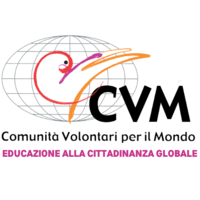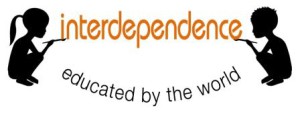Critical review of the historical and social disciplines for a formal education suited to the global society
To understand our planet it is not sufficient to read an article in the newspaper, attend a conference or a day in school with inputs on some worldwide issues. Occasionally we spend hours attending a school debate on peace and for the remaining part of the year our classroom concentrates on studying history that focuses on war. We spend half an hour reading an article on the emergence of Brazil and South Africa, but at school level the teachers do not speak of Brazil or South Africa.
To exit from these mental categories a new teaching is required, in allow that the 13 years spent in classrooms promotes a daily reasoning on world affairs and on the connections between planetary actions with the here and now. This new teaching is not to be conducted outside of school hours, but rather during the classes of history, geography, economics to promote the connection between global and the local issues … but it’s only the curricula of the various subjects and textbooks that may help teachers and students.
The project Critical reviews of the disciplines is doing this. From 2013 to 2016 it promoted in 6 European countries the renewal of the teaching of history, geography and economics in more than 100 schools. The results will be: an interdisciplinary learning experience in schools; documents on new approaches to teaching and a closer relationship between NGOs, schools, universities, educational authorities and publishing houses on the themes of education suited to the global society.
The project “Critical review of the historical and social disciplines for a formal education suited to the global society” – Ref. DCI-NSAED/2012/280-225 is funded by the European Union through the program Europeaid, and enjoys a contribution of the Marche Region
Main results
Over the first two years of action (2013-2015) activities were developed in accordance with the provisions of the project, allowing, among other things:
- involvement of more than 100 European schools;
- production of approximately 25 different units of teaching and learning and their testing during curriculum hours of history, geography and economics;
- significant results in relation to the education authorities.
- the realization of two international seminars organized by CVM and the Marche Region;
In subsequent lines these results are summarized.
The activities addressed in schools.
The number of school involved is 107. 65 have been fully involved in the complete experimentation cycle and 42 and have participated in one phase.
From the qualitative point of view: very high levels of participants in different activities (teachers and students involved in TLUs experiments, teacher involved in international meeting and seminar) are very satisfied as they have declared in the assessment questionnaires. The project is beginning to win the challenge to stimulate the embedding of global citizenship education (knowledge’s, competences, methodologies, approach) in school curricula.
The activities addressed to the Educational authorities
A brief list of the main outcome of the project may be presented as follows:
The links developed between the Italian Ministries of Foreign Affairs – International Cooperation and Education; the presence of representatives of Ministries of Education of Czech Republic, to the International Seminar in Italy 2014 and in 2015 Austria, the network of school supported by the regional representative of Ministry of Education in Sardinia; the creation of a link between Education and International Cooperation sector in Marche Region; the attention dedicated to the TLUs experiments by the Irish institutions are important result as the fact that in November 2014 the Ministry of Foreign Affairs – International Cooperation in Italy published a call for Development Education specific for activities within schools and (for the first time) managed with the collaboration of Ministry of Education
List of Teaching and learning units realized and experimented on in schools(list being updated)
- Why people migrate (by NGOs ACCRI and CVCS)
- The crisis of 1929 (by NGO ACCRI)
- Migrations between 1800 and 1900 (by NGO ADP)
- Italian Colonization (by NGO ADP)
- International Migration (by NGO CISP)
- Needs and Resources (by NGO CISP)
- North – South relations (by NGO OSVIC)
- Need and Resources (by NGO OSVIC)
- 1973 crisis (by NGO CVM)
- Needs and resources (by NGO CVM)
- Food and hungry (by NGO CVM)
- Wall/walls: conflict and new slavery (by NGO CVM)
- The relation between autochtons /indigenous and immigrated (by NGO CVM)
- The globalization (by NGO PRODOCS)
- Travelling and Tourism (NGO Suedwind)
- Genocides: Parallels in Time and Space (NGO Suedwind)
- Human trafficking: Comparison in Time and Space (NGO Suedwind)
- Raw Materials and Mobile Phones in Africa (NGO Suedwind)
- The Arab Spring (NGO Suedwind)
- Migration: from Spain to Vorarlberg and back (NGO Suedwind)
- Water in our Globalized World (NGO Suedwind)
- Congo in Global history (NGO Suedwind)
- Inequality of poor and rich (NGO CMO)
- Globalisation (NGO CMO)
- Human Rights (NGO CMO)
The project “Critical review of the historical and social disciplines for a formal education suited to the global society” – Ref. DCI-NSAED/2012/280-225 is funded by the European Commission through the program Europeaid and it is co-funded by Marche Region
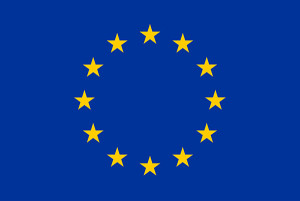 NB This publication and the pages connected on this website have been produced with the assistance of the European Union. The contents of this publication are the sole responsibility of name of CVM and can in no way be taken to reflect the views of the European Union.
NB This publication and the pages connected on this website have been produced with the assistance of the European Union. The contents of this publication are the sole responsibility of name of CVM and can in no way be taken to reflect the views of the European Union.
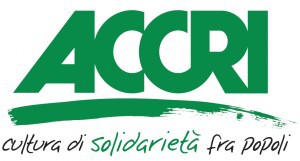 |
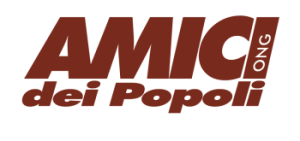 |
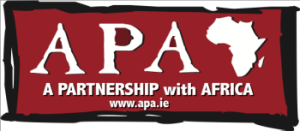 |
 |
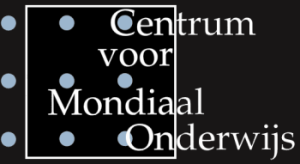 |
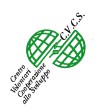 |
 |
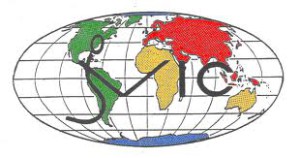 |
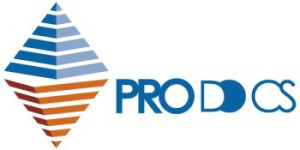 |
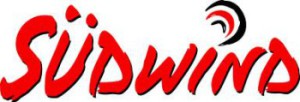 |
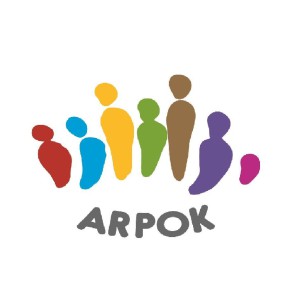 |
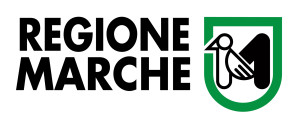 |
